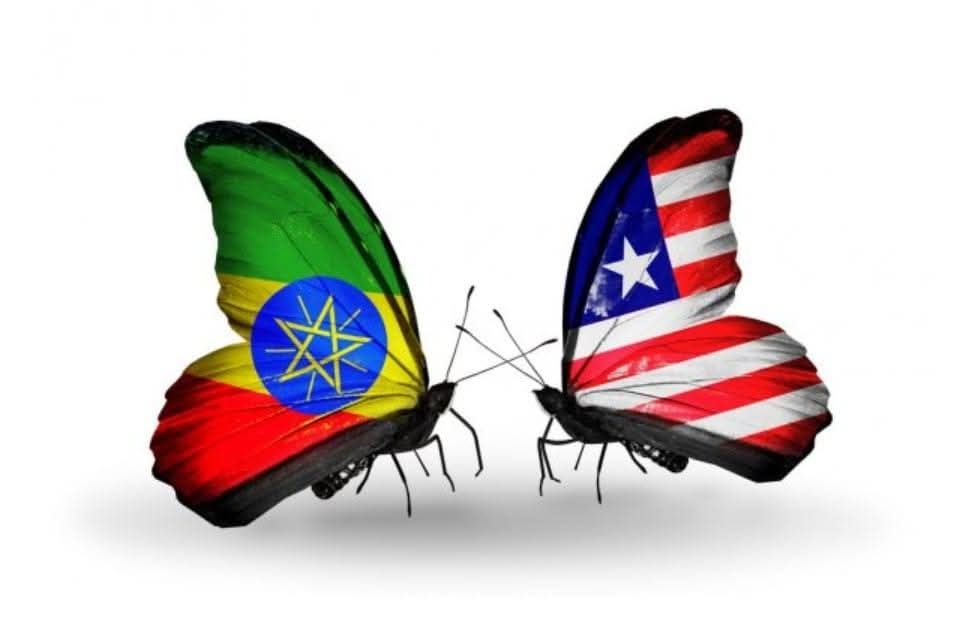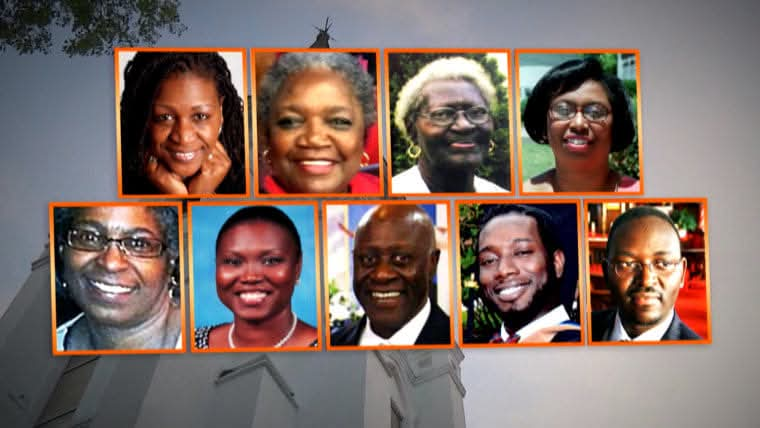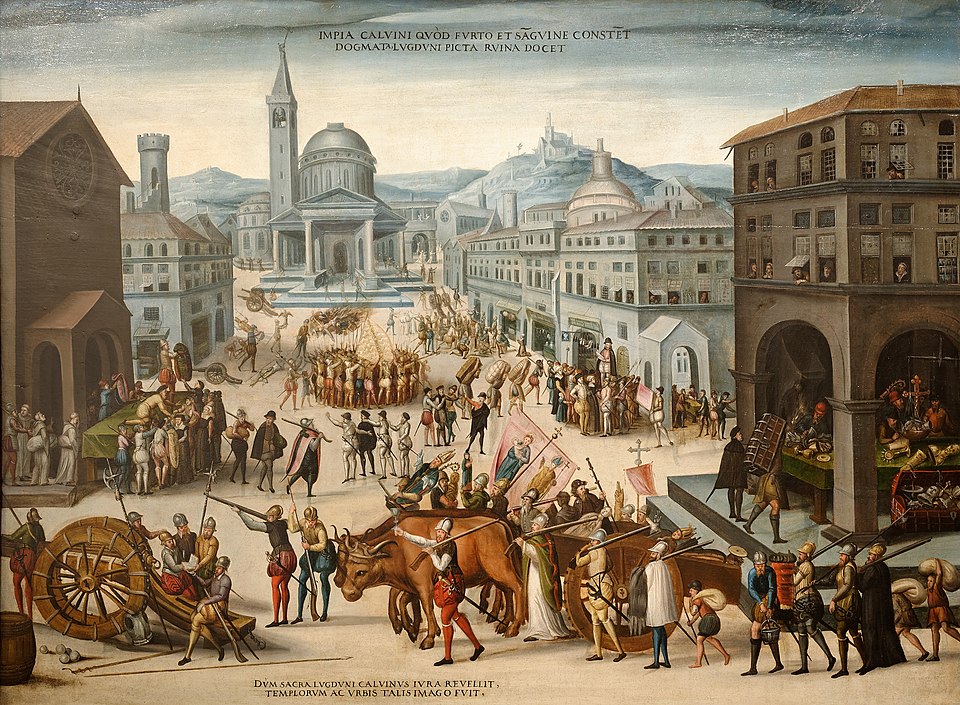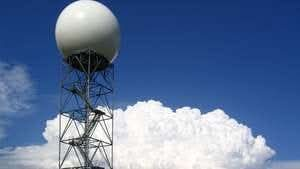ECOWAS: Brief History of the Regional Bloc and Membership Status
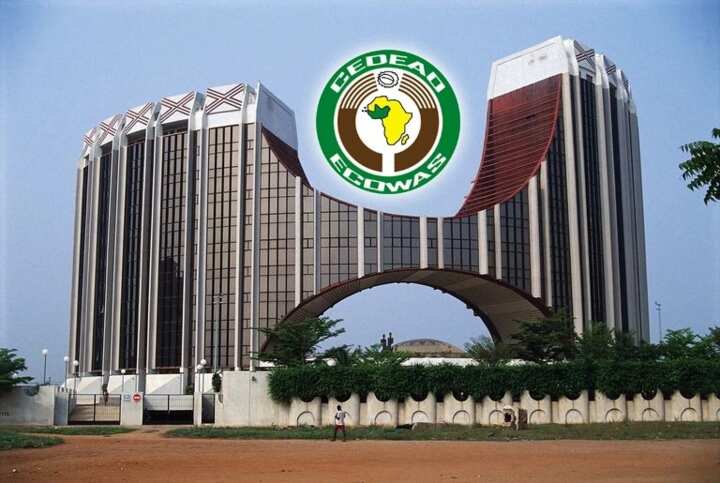
Did you know that Arabic-speaking Mauritania, one of the founding members of ECOWAS, was the first member country to withdraw its membership in December 2000, but later signed a new associate-membership agreement in August 2017?
ECOWAS, the Economic Community of West African States, also known as CEDEAO in French and Portuguese, is a regional political and economic union of 15 countries located in West Africa that collectively comprise an area of 5,114,162 km2 (1,974,589 sq mi), and has an estimated population of over 424.34 million.
At independence, many African states were challenged in increasing economic development. Because these states could not address problems individually, there was a need for a regional approach and thus ECOWAS was formed (initially from the region's former French, British and Portuguese colonies, and independent Liberia) to provide regional economic cooperation, but has since evolved to include political and military cooperation, as well.
The union was established on 28 May 1975, with the signing of the Treaty of Lagos, with its stated mission to promote economic integration across the region. A revised version of the treaty was agreed and signed on 24 July 1993 in Cotonou. Considered one of the pillar regional blocs of the continent-wide African Economic Community (AEC), the stated goal of ECOWAS is to achieve "collective self-sufficiency" for its member states by creating a single large trade bloc by building a full economic and trading union.
Upon its foundation, ECOWAS had 15 member states; eight of these are French-speaking, five are English-speaking, and two Portuguese-speaking. All current members joined the community as founding members in May 1975, except Cape Verde which joined in 1977. Morocco officially requested to join ECOWAS in February 2017. The application was endorsed in principle at the summit of heads of state in June 2017. However, Morocco's bid for membership was stalled as West African economic actors feared good imported through Morocco's free trade agreements would flood the market of states within ECOWAS.
Arabic-speaking Mauritania, was one of the founding members of ECOWAS in 1975 and which is a member of the north African Maghreb Union, decided to withdraw in December 2000. Mauritania signed a new associate-membership agreement in August 2017.
Mali was suspended from ECOWAS on 30 May 2021, following its second military coup within nine months. Guinea was also suspended on 8 September 2021, shortly after a military coup took place in the country. Sanctions were placed on both countries on 16 September. On 10 January 2022, Mali announced its decision to close its borders and recalled several ambassadors with ECOWAS in response to sanctions imposed for deferring elections for four years.
On 28 January 2022, Burkina Faso was suspended from ECOWAS following a military coup. Niger was suspended from ECOWAS after the 2023 coup d'état and threatened with military intervention if President Mohamed Bazoum is not restored to office, causing the Nigerien crisis. Additionally, ECOWAS closed all land and air borders between other member states and Niger and instituted a no-fly zone on all commercial flights to and from Niger. The suspension removed all commercial and financial transactions and froze Niger's assets in ECOWAS central banks.
On Tuesday November 21, 2023, Niger's military government asked the ECOWAS regional court to order the lifting of sanctions imposed on the country. Until the coup, aid from countries like the United States and international organizations like ECOWAS accounted for almost half of Niger's annual budget. Following Niger's ECOWAS suspension, Niger's neighbors closed their borders to the country and 70 percent of its electricity, coming from Nigeria, was cut off.
While these sanctions and consequences that have followed have impacted the individuals and economy of Niger, the government is not backing down. As a result of the suspension, children have not been able to attend school due to lack of supplies, and businesses are shutting down due to rising costs. Further, the ECOWAS lawyer pointed out that the Nigerien government is not recognized by ECOWAS and therefore does not have the power to ask the regional court for a removal of these sanctions.
On 28 January 2024, Niger, Mali, and Burkina Faso announced via a joint statement that they were withdrawing from ECOWAS "without delay." The three nations, all of which are currently ruled by military juntas, accused ECOWAS of implementing "inhumane" sanctions in order to reverse the coups in each nation. Under the ECOWAS protocol, immediate withdrawal is not possible, and the three member states could remain in the bloc for up to a year.
Before their withdrawal, ECOWAS member states comprise of: Benin, Burkina Faso (Suspended), Cape Verde, The Gambia, Ghana, Guinea (Suspended), Guinea-Bissau, Ivory Coast, Liberia, Mali (Suspended), Niger (Suspended), Nigeria, Senegal, Sierra Leone, and Togo.
ECOWAS also serves as a peacekeeping force in the region, with member states occasionally sending joint military forces to intervene in the bloc's member countries at times of political instability and unrest. It has played an important role in monitoring transitional election in West Africa. In recent years these included interventions in Ivory Coast in 2003, Liberia in 2003, Guinea-Bissau in 2012, Mali in 2013, and The Gambia in 2017. Since its creation, ECOWAS has only sent peacekeeping forces seven times.
In 2011, ECOWAS adopted its development blueprint for the next decade, Vision 2020, and, to accompany it, a Policy on Science and Technology (ECOPOST). However, it has had trouble achieving the goals outlined in the policy.
#penglobalhistory #ECOWAS
